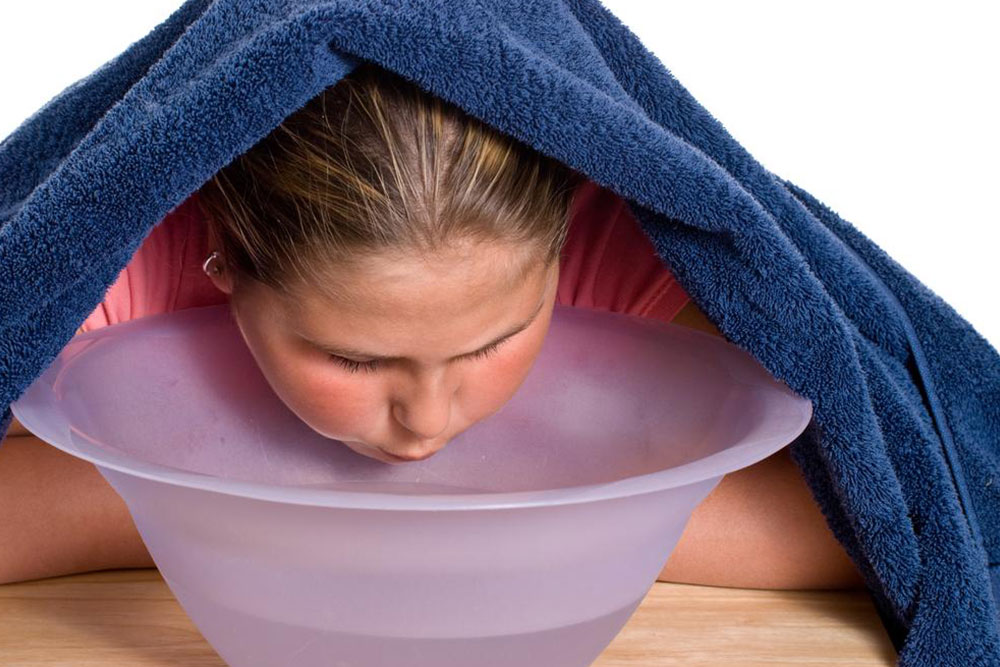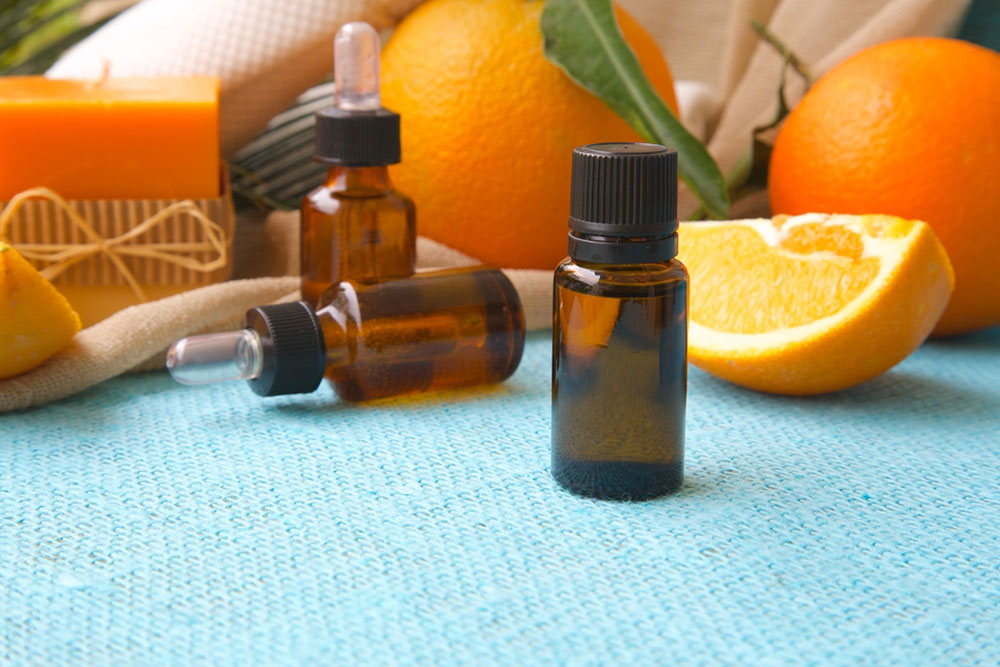Comprehensive Home Remedies to Effectively Reduce Excess Mucus
Discover effective home remedies to reduce excess mucus caused by colds, allergies, or environmental factors. Learn practical tips like hydration, diet adjustments, steam inhalation, and more for respiratory relief. Perfect for those seeking natural solutions to improve breathing comfort and respiratory health.

Comprehensive Home Remedies to Effectively Reduce Excess Mucus
The respiratory system is equipped with a natural mechanism to produce mucus, known as phlegm, which plays a vital role in protecting and lubricating the mucous membranes lining the mouth, nose, throat, sinuses, and lungs. Under normal circumstances, this mucus acts as a defense barrier, trapping dust, microbes, and other irritants, preventing them from reaching the lower respiratory pathways. However, when the body produces an excess amount of this mucus, it can lead to discomfort, persistent coughing, and congestion, especially during colds, flu, or allergy seasons.
Understanding Mucus Overproduction
Excess mucus buildup is often a result of various factors, including viral infections, allergic reactions, environmental irritants, and dietary influences. Recognizing the root cause is essential for effective management and relief. Mucus production increases as the body's immune response reacts to infections or allergens, leading to noticeable symptoms such as a blocked nose, sore throat, and coughing.
Common Causes of Excess Mucus
Viral Infections: The common cold and influenza trigger the production of clear, watery mucus in the initial stages. As infections progress, mucus may thicken and change color to yellow or green, indicating possible bacterial involvement.
Allergies: Seasonal and environmental allergies, triggered by pollen, dust, pet dander, or mold, can cause an increase in mucus secretion, along with sneezing, itchy eyes, and nasal congestion.
Dietary Factors: Diets high in dairy products like milk, cheese, and yogurt may promote mucus production in some individuals, though scientific evidence varies. Limiting such foods can sometimes help reduce mucus buildup.
Environmental Irritants: Exposure to pollutants, cigarette smoke, strong fumes, and dry air can irritate the respiratory tract, prompting increased mucus secretion as a protective measure.
Impact of Dairy and Other Dietary Components
Many individuals report that reducing dairy intake helps lessen mucus buildup, possibly due to the thickening effects of dairy proteins on mucus. Additionally, limiting caffeine and non-herbal teas may help prevent dehydration, which can thicken mucus and worsen congestion.
Natural Home Remedies to Alleviate Excess Mucus
Fortunately, several natural and simple home remedies are effective in managing mucus buildup, providing relief without the need for medication. Maintaining good hydration, adjusting dietary habits, and using steam treatments are among the most accessible strategies.
Stay Well-Hydrated
Hydration is fundamental in thinning mucus, making it easier to expel from the respiratory system. Warm liquids, such as apple juice, clear broths, lemon-infused water, and herbal teas, help soothe irritated throats and promote mucus drainage. Consuming fluids at warm temperatures encourages the flow of mucus, alleviating congestion and discomfort.
Dietary Adjustments for Respiratory Wellness
Incorporate foods known for their mucus-thinning and anti-inflammatory properties. Ginger, garlic, and lemon are powerful natural agents that help reduce mucus production and support immune function. Spicy foods containing cayenne or chili peppers can stimulate mucus flow and facilitate clearing of nasal passages. Fruits rich in vitamin C, such as berries, pomegranates, and guava, bolster immune defenses. Licorice root tea and zinc supplements have also been linked to respiratory health benefits.
Steam Therapy and Humidifiers
Steam inhalation remains one of the most effective methods to relieve nasal and chest congestion. You can create a simple steam bath by boiling water, pouring it into a bowl, and leaning over it while covering your head with a towel. Inhalation of warm, moist air helps loosen thick mucus and soothe irritated mucous membranes. To maintain optimal air moisture levels, using a humidifier—preferably a cool mist model—can add necessary humidity to dry indoor environments, especially during winter or in air-conditioned spaces.
Additional Tips and Precautions
Avoid irritants such as cigarette smoke and strong fumes that can exacerbate mucus production.
Maintain a clean environment to minimize allergens like dust and pet dander.
If symptoms of mucus buildup persist beyond a week, or if you develop high fever, severe cough, or difficulty breathing, consult a healthcare professional promptly.
Proper rest, a balanced diet, and staying away from known allergens can significantly improve your respiratory health over time.
Natural home strategies offer accessible, cost-effective ways to manage excess mucus and improve respiratory comfort. Combining hydration, dietary adjustments, steam therapy, and avoidance of irritants can significantly reduce mucus-related discomfort. However, persistent or severe symptoms require professional medical evaluation for appropriate diagnosis and treatment.





